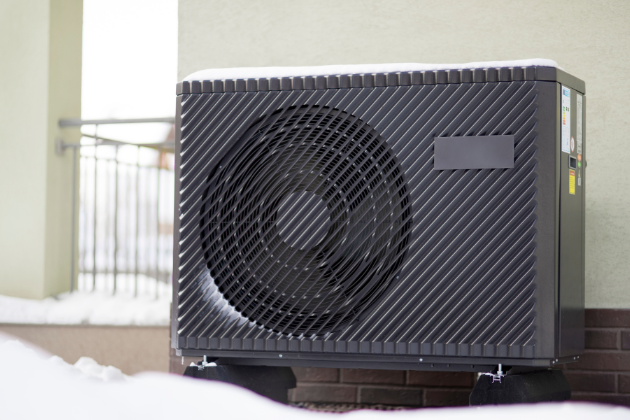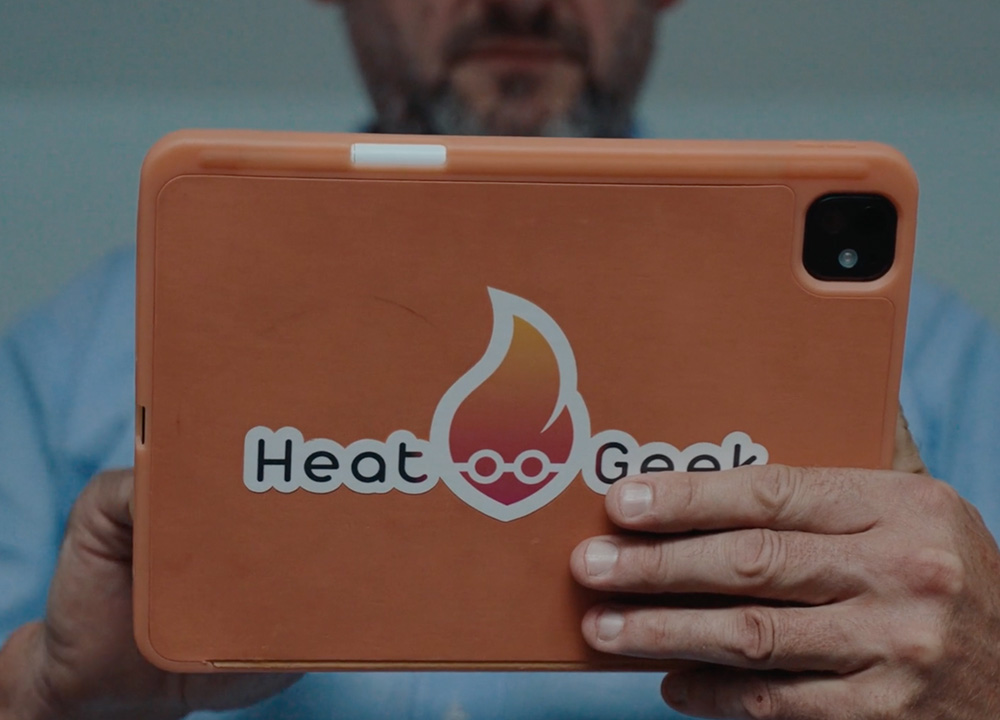When temperatures drop in winter, many people wonder whether a heat pump can still keep their home warm. It is a fair question, especially in the UK where cold, damp days can be the norm for months. The simple answer is yes. A well installed and properly maintained heat pump can operate efficiently in the winter, even during freezing conditions, making it a practical option for year round heating in Coventry, Birmingham, and the surrounding areas.
How Heat Pumps Generate Heat in Cold Weather
Heat pumps work by transferring heat from outside into your home. It might not seem like it, but even cold air contains thermal energy. Modern air source heat pumps in Coventry and Birmingham use advanced technology to capture this heat and upgrade it to a temperature that can warm your radiators, underfloor heating, or hot water system.
The process relies on a refrigerant that can absorb heat at low temperatures, along with an efficient compressor to move that heat indoors. Well designed systems can work in conditions as low as -15°C, which covers the vast majority of UK winter weather. Ground source heat pumps, which draw heat from the ground rather than the air, are even less affected by outdoor temperature changes because underground temperatures remain fairly stable year round.
Factors Affecting Performance in the Winter
While both air source and ground source heat pumps perform well in winter, there are some important considerations:
- System sizing: A heat pump should be matched to your home’s heating demand so it can maintain comfortable temperatures without overworking.
- Insulation quality: Good insulation reduces heat loss, meaning your system can work more efficiently and maintain warmth more easily.
- Type of system: Ground source systems tend to deliver slightly more consistent efficiency in winter, but modern air source heat pumps are designed to handle UK winter conditions effectively.
Running Costs
Even when temperatures are low, heat pumps are often more efficient than traditional boilers. This is because they produce more heat energy than the electrical energy they consume, with a seasonal coefficient of performance that can be two to three times higher than that of an electric heater.
However, efficiency can drop slightly in very cold weather as the system works harder to extract heat. This is why professional installation by experienced heating engineers in Coventry or Birmingham is important as it ensures the system is set up to deliver the best possible performance in all seasons.
In well insulated homes, running costs can be significantly lower compared to older gas or oil heating systems, and the environmental impact is reduced thanks to lower carbon emissions.
Maintenance Tips For Heat Pumps
To get the best winter performance from an air source heat pump in Coventry or a heat pump in Birmingham, routine maintenance is essential. This should include:
- Clearing leaves, snow, or debris from around the outdoor unit
- Ensuring the airflow is unobstructed
- Checking refrigerant levels and filters
- Having the system serviced annually by a qualified heating engineer in Coventry or Birmingham before the winter season
Proactive maintenance reduces the risk of breakdowns during the colder months and helps preserve efficiency.
Need a Heat Pump That Performs in Winter?
JLN Plumbing & Heating offers design, installation, and servicing for air source heat pumps in Coventry and heat pumps in Birmingham that are built to perform year round. Our qualified heating engineers provide a complete service to ensure your home stays warm and comfortable, whatever the weather.
Call our team or use our contact form to arrange a consultation with one of our experienced heating engineers in Coventry or Birmingham.











.svg)


.svg)
